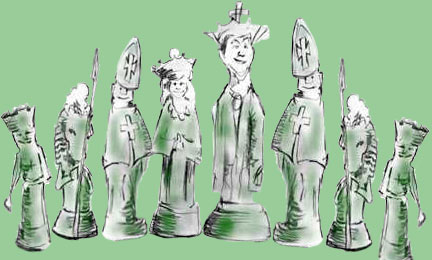Salary vs. Dividends?
As an entrepreneur, if your corporation pays you a dividend, you do not have to pay Canada Pension (CPP) on dividends you pay yourself. So it partly depends on your thoughts on paying into CPP. I pay myself mostly dividends. Dividends do not build up your RRSP room. However, to put money into your RRSP, you probably need to pay yourself more out of your corporation to put it in your RRSP. The maximum CPP contribution for 2006 was $1,910.70, 4.95% of pensionable earnings (the pensionable amount was been increased to $38,600 in 2004 - it was $36,400 for a number of years) (2003 - $1,801.80,4.95%) (2002 - $1,673.20, 4.7%), and for the self-employed, $3,821.40 in 2006, 9.9% of pensionable earnings (2003 - $3,603.60, 9.9%) (2002 - $3,346.40, 9.4% of pensionable earnings). Starting in 2001 the self-employed claim their half of their CPP is a tax deduction instead of a tax credit.
To qualify for disability CPP (which hopefully is never needed!), you need to receive an annual salary of $4,200. CPP on $4,200 in 2006 was only $69.30 (the first $3,500 of salary is exempt from CPP). That's quite inexpensive disability insurance. It has to be a pretty severe disability to qualify, and it doesn't pay very much, but for $69.30 a year in premiums, it's probably worth it.
Accrue Yourself a Bonus?
When you accrue a bonus to yourself from your corporation (so your corporation claims an expense for the bonus in their yearend), you have 180 days to pay the bonus out, which, if your year-end is after June 30th, means that you can take the bonus into your personal income in the following year.
Information on this website is not intended to be a definitive analysis of tax laws or cases and should not be used in such a manner. The information provided on this site should not be relied upon to replace professional advice specific to your situation.


How To Pay Myself?
